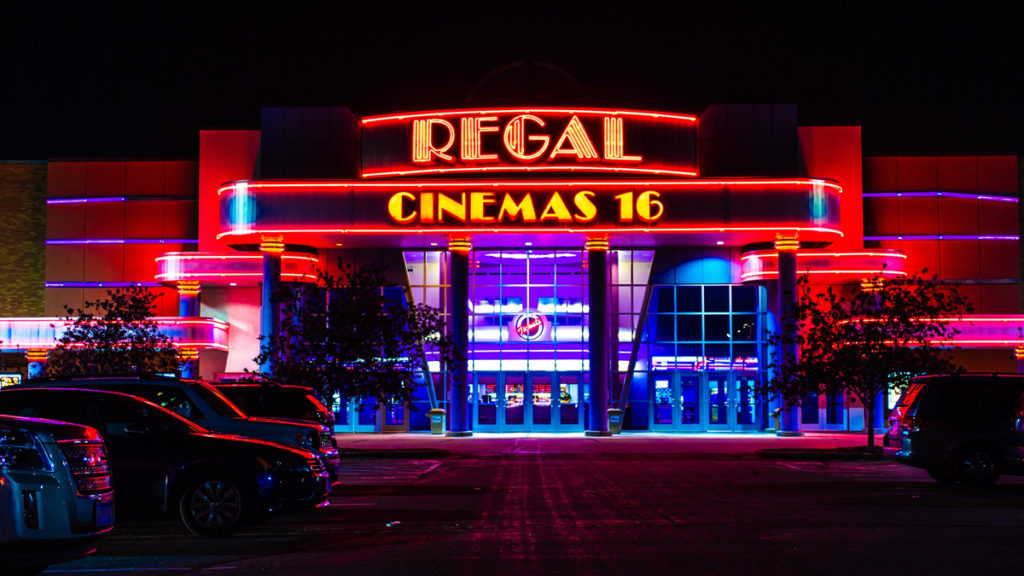
Things are about to get very interesting in Hollywood. Today, the Justice Department agreed to terminate a set of laws called the Paramount Consent Decrees, which were implemented in the late 1940s to curtail the monopolistic practices of film studios. Now that those are dead, Warner Bros., Paramount, and their ilk have the power to buy major theater chains, implement new ones of their own, wield greater leverage of what movies are shown, and more. Here’s a breakdown of the bigger changes, as outlined by CinemaBlend:
Studios Can Buy Into Theatrical Chains
- Studios can purchase a stake in major theater chains such as AMC Theaters or Regal Cinemas, or buy them out completely. Studios may also establish theater chains of their own (e.g., welcome to DisneyPlex, where we play nothing but Marvel and Star Wars movies, with a merchandise store in the back).
Licenses for Blockbusters May Bundle Smaller, B-Movies
- Studios can take advantage of a license-packaging practice called “block booking,” which ensures that B movies or other less-interesting films are shown in theaters, sight unseen. Want the privilege of screening the new Avatar or Fast & Furious? Well, you’ll also have to show Sharknado 15. Block booking is also an effective way of hogging screens and preventing competitors from showing their features.
Theaters May Block Smaller Chains from Accessing Movies
- Studios and theaters can engage in a practice called circuit dealing, whereby licenses are granted to an entire chain instead of a theater-by-theater basis. What this opens the door to is the potential for exclusivity, which means that smaller, independent cinemas (e.g., mom-and-pop venues) could be screwed.
- “It’s a predatory film booking practice whereby multiplex chains strong-arm studios for product in a specific market,” IndieWire explained in a 2011 article regarding a circuit-dealing case between Flagship and Cinemark. “If a studio decides to book with the competition in a given community, usually a Mom-and-Pop venue, then the exhibitor will threaten to bar that film (or future films) from playing the entire chain.”
One of the major reasons why the Justice Department decided to end the Paramount Decrees relates to streaming companies, which have been immune to those laws but played things straight (e.g., Netflix hasn’t tried to do anything crazy, like taking over entire theater chains). Evidently, the courts felt that studios deserved a more level playing field, which they’ve been granted thanks to the end of the decrees.
“None of the internet streaming companies—Netflix, Amazon, Apple and others—that produce and distribute movies are subject to the Decrees,” wrote U.S. District Judge Analisa Torres (via Deadline). “Thus, the remaining Defendants are subject to legal constraints that do not apply to their competitors.” She pointed out that such distributors have “shown no propensity to acquire major movie theater circuits or engage in the type of collusive practices the Decrees targeted.”
Restrictions on block booking and circuit dealing won’t be lifted for another two years, however.
